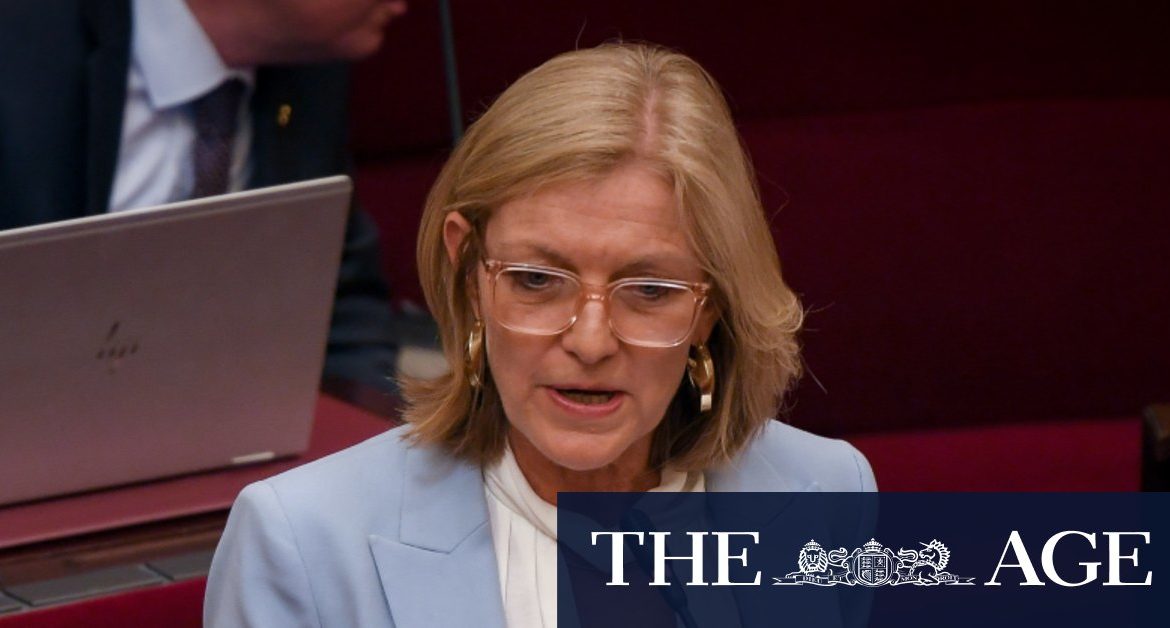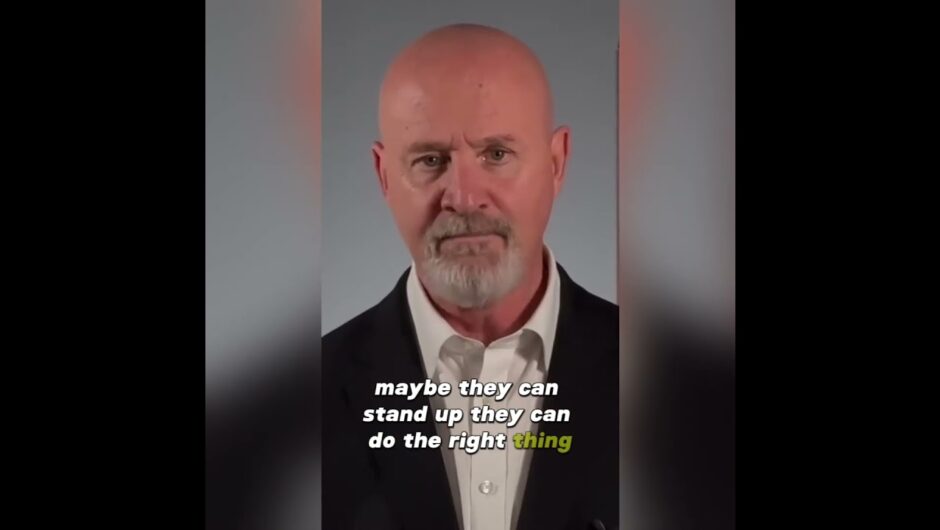The state had 20 active cases on Wednesday, five fewer than Tuesday.
Mr Foley has been having lengthy talks with key upper house MPs, including Ms Patten, Andy Meddick and the Greens’ Samantha Ratnam, whose votes will be crucial to passing the legislation in the Legislative Council next week.
“Nine months is another overreach from the government,” Ms Patten told The Age.
“We need laws that allow us to stay open, safely, not be constantly living in a state of emergency. This pandemic won’t be over any time soon, so it’s good to see that the government is recognising that we need a long-term solution.”
The lower house, where Labor commands a majority, last week passed legislation to extend the state of emergency powers for a further nine months until December 15.
But the government must broker a compromise in the upper house, where it requires the support of at least three crossbench MPs to pass the Public Health and Wellbeing Amendment (State of Emergency Extension) Bill.
Ms Patten, Mr Meddick and Ms Ratnam voted with the government in September to extend the state of emergency powers until March 15, but have all refused to support Labor’s current bill.
Ms Patten had previously indicated she wanted the government to draft separate legislation for the powers it needed to enforce coronavirus restrictions, such as the forced isolation of coronavirus patients.
On Wednesday the Reason Party leader said she was close to reaching a deal with the government.
“Minister [Martin] Foley is coming closer to something that Reason might find an acceptable compromise,” Ms Patten said. “This bill should be about recovery, not emergency.”
Loading
As part of the trade-off, Ms Patten has agreed to extend the state of emergency powers for three months, but she wants the government to implement a “traffic light” system before announcing a statewide lockdown, enshrine the “right to protest” in the amended bill, and accept the recommendations of the Victorian Ombudsman’s report into the lockdown of the public housing towers last year.
The state of emergency legislation is the “legal instrument” that allows authorities to enforce coronavirus-specific rules, including mandatory face masks, COVIDSafe work plans, mandatory 14-day quarantine for returned travellers, coronavirus patients and their close contacts.
Premier Daniel Andrews last week said the pandemic was “far from over” and restrictions needed to be enforced.
“We cannot have mandatory quarantine without a rule book and you can’t have rules unless you have legal authority,” the Premier said.
“This is not about new rules. It is just about keeping the current rules in place and potentially easing them off.”
Victoria was plunged into a statewide five-day stage four lockdown about a fortnight ago following coronavirus leakages out of hotel quarantine.
Mildura MP Ali Cupper, who recently formed a Coalition with the Reason Party, said: “We have been firm on the point that rural and regional Victoria need to be treated differently during lockdown periods – if we ever need to go through that again.
“Snap lockdowns disproportionately affect my community more than any other. We shouldn’t have to be in total lockdown because there are two cases in greater Melbourne.”
The Andrews government is expected to announce a further easing of coronavirus restrictions on Friday.
A government spokeswoman said: “Discussions are ongoing with the crossbench in regard to the extension of the State of Emergency Bill.”
Start your day informed
Our Morning Edition newsletter is a curated guide to the most important and interesting stories, analysis and insights. Sign up here.
Sumeyya is a state political reporter for The Age.
Most Viewed in Politics
Loading







